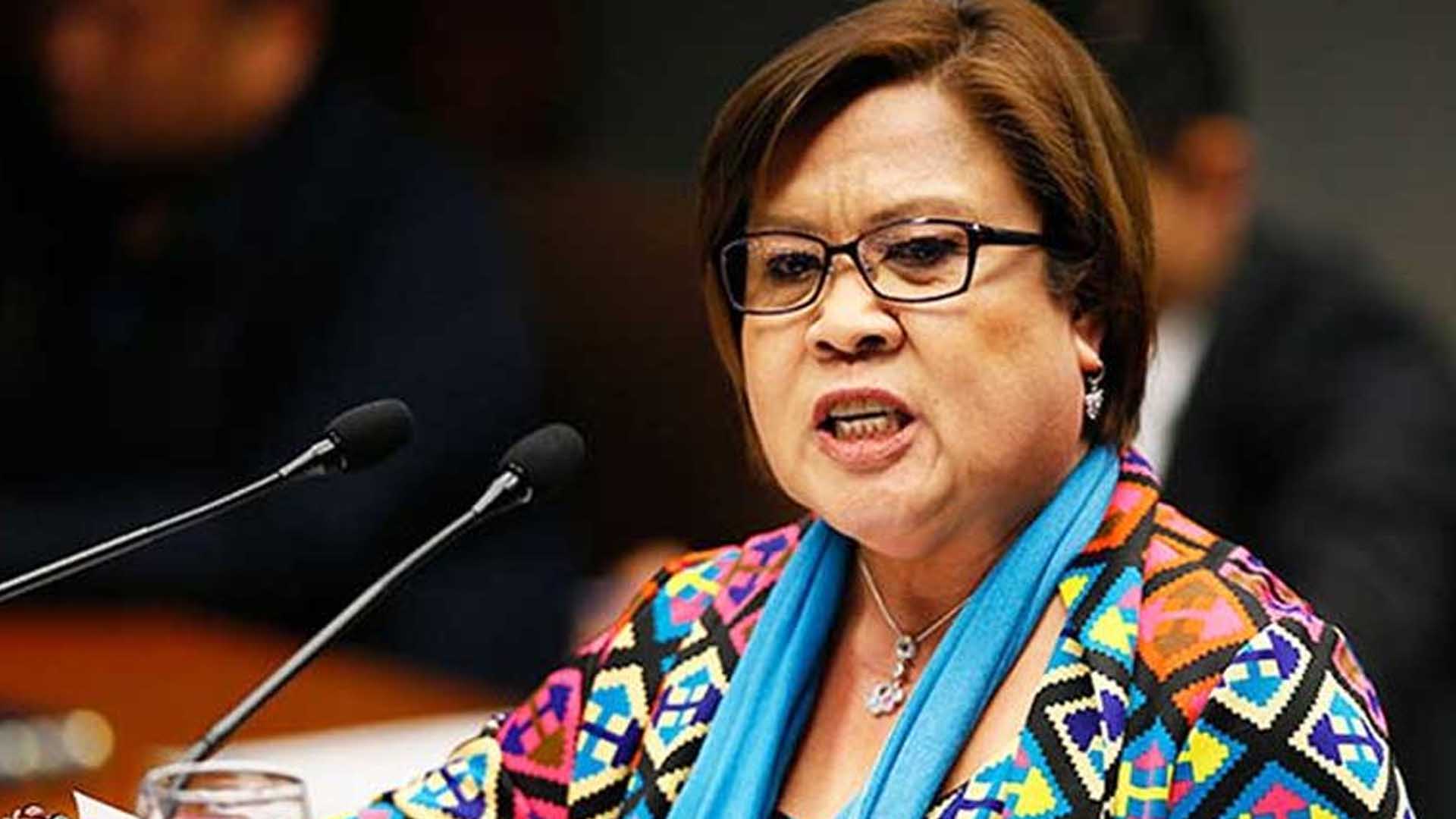Senator Leila M. de Lima has sought a Senate investigation into the lack of proper hygiene and sanitation facilities in Filipino households, learning environments and health facilities which pose serious risk to people’s health and over-all well-being.
De Lima filed Senate Resolution (SR) No. 254 urging the appropriate Senate committee to review the implementation of and level of compliance with the 44-year-old Presidential Decree (PD) No. 856, also known as “Code on Sanitation of the Philippines,” to determine the issues concerning its enforcement.
“The appalling hygiene and sanitation situations have been a long-standing problem and issue in the country and yet solutions to this still seem farfetched,” she said.
“Such poor hygiene and sanitation facilities [a]re detrimental to the lives and health of Filipinos, particularly the youth, and failure of the government to provide one of the basic necessities in life constitutes a grave moral deficiency and reckless disregard for everyone’s life and safety,” she added.
According to Department of Health (DOH) Secretary Francisco T. Duque III, only 70 percent of Filipino households have improved toilet facilities that are not shared with other households, showing that around 26 percent, or approximately 26-million Filipinos still use unimproved facilities like buckets and open-pit latrines.
Meanwhile, figures released by the World Health Organization (WHO) and the United Nations Children’s Fund (UNICEF) Joint Monitoring Programme for Water Supply, Sanitation and Hygiene (JMP) revealed that three in 10 health facilities in the country lack access to clean toilets.
WHO Representative in the Philippines Dr. Gundo Weiler said that “[h]ealth care facilities won’t be able to provide quality care to people if there is no safe water, toilet or handwashing facility.”
On learning environments, there are reportedly around 3,628 public schools in the country, both elementary and secondary, that have no regular access to safe and clean water as of 2016. During the start of school year 2019-2020, schools were said to be welcomed by the “same old problems,” including inadequate restroom facilities.
De Lima, who chairs the Senate Committee on Social Justice, Welfare and Rural Development, pointed out that “poor sanitation does not only affect one’s health but also poses great disadvantages and consequences on our country’s economic development.”
Citing data from the Department of Interior and Local Government (DILG), De Lima noted that “the country’s poor sewerage system leads to economic loss of more than ₱78 billion a year,” citing the around 842,000 deaths each year caused by diseases directly attributed to poor sanitation recorded by WHO.
In filing the resolution, De Lima also highlighted the need to clearly define the responsibilities of all stakeholders in sanitation, including the Metropolitan Waterworks and Sewerage System (MWSS), Maynilad Water Services and Manila Water.
“The ongoing case on the responsibility of the water concessionaires on water waste treatment shows that there is a need to clearly define the responsibilities of all stakeholders in sanitation, lest we all suffer as a result of this continuous passing of blame without anyone taking any responsibility,” she said.
In August 2018, the Supreme Court affirmed a Court of Appeals’ ruling which found MWSS, Maynilad and Manila liable for violation of Section 8 of the Philippine Clean Water Act, requiring MWSS and the two concessionaires to provide wastewater treatment facilities and to connect sewage lines in all establishments.
The two concessionaires, however, still refuse to abide by the court ruling maintaining, on appeal, that the SC should not pin the responsibility to provide centralized sewerage system to water concessionaires as the law operates under a framework of “collective responsibility.”
Note that P.D. No. 856 provides that “there arises the need for updating and codifying our scattered sanitary laws to ensure that they are in keeping with modern standards of sanitation and provide a handy reference and guide for their enforcement.


